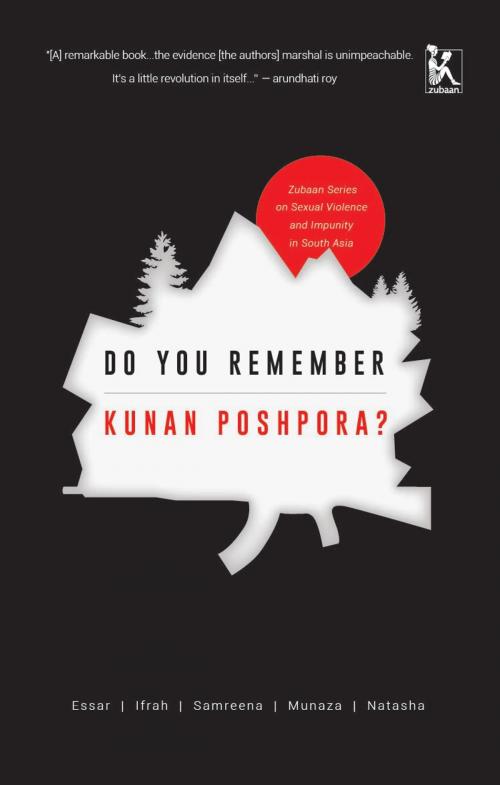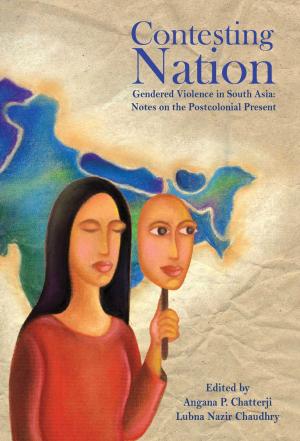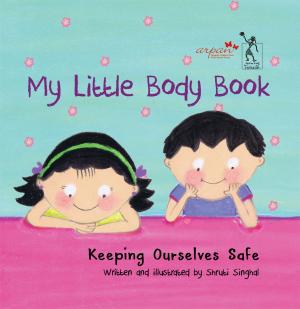Do You Remember Kunan Poshpora?
Nonfiction, Social & Cultural Studies, Social Science, Gender Studies, Women&| Author: | Essar Batool, Ifrah Butt, Samreena Mushtaq, Munaza Rashid & Natasha Rather | ISBN: | 9789384757847 |
| Publisher: | Zubaan | Publication: | May 30, 2016 |
| Imprint: | Language: | English |
| Author: | Essar Batool, Ifrah Butt, Samreena Mushtaq, Munaza Rashid & Natasha Rather |
| ISBN: | 9789384757847 |
| Publisher: | Zubaan |
| Publication: | May 30, 2016 |
| Imprint: | |
| Language: | English |
On a cold February night in 1991, a group of soldiers and officers of the Indian Army pushed their way into two villages in Kashmir, seeking out militants assumed to be hiding there. They pulled the men out of their homes and subjected many to torture, and the women to rape. According to village accounts, as many as 31 women were raped.
Twenty-one years later, in 2012, the rape and murder of a young medical student in Delhi galvanized a protest movement so widespread and deep that it reached all corners of the world. In Kashmir, a group of young women, all in their twenties, were inspired to re-open the Kunan-Poshpora case, to revisit their history and to look at what had happened to the survivors of the 1991 mass rape. Through personal accounts of their journey, this book examines questions of justice, of stigma, of the responsibility of the state, and of the long-term impact of trauma.
On a cold February night in 1991, a group of soldiers and officers of the Indian Army pushed their way into two villages in Kashmir, seeking out militants assumed to be hiding there. They pulled the men out of their homes and subjected many to torture, and the women to rape. According to village accounts, as many as 31 women were raped.
Twenty-one years later, in 2012, the rape and murder of a young medical student in Delhi galvanized a protest movement so widespread and deep that it reached all corners of the world. In Kashmir, a group of young women, all in their twenties, were inspired to re-open the Kunan-Poshpora case, to revisit their history and to look at what had happened to the survivors of the 1991 mass rape. Through personal accounts of their journey, this book examines questions of justice, of stigma, of the responsibility of the state, and of the long-term impact of trauma.















